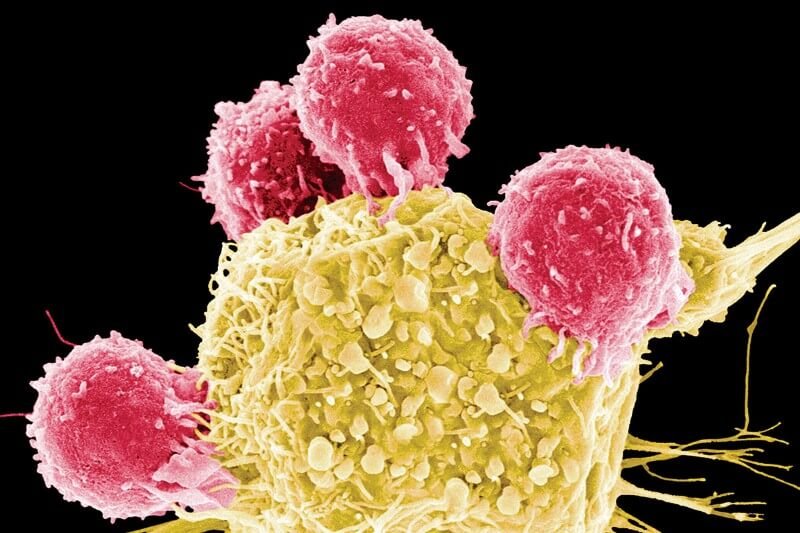Cancer cells are able to spread from a nascent tumor much earlier than scientists long thought and are more adept than later emigrants at forming potentially lethal metastases at distant sites such as the brain and bones….
The discovery offers the first molecular explanation of how that early spread occurs, hinting at why early detection and treatment often fail to prevent cancer deaths: “Early” is still too late.
…
[T]he two new studies of breast cancer suggest that [the current cancer] model is wrong — or, at least, that it doesn’t describe all cancers.…
For instance, why doesn’t early detection, such as with mammography or even more advanced methods such as breast MRI, save more lives? The metastases-forming, super-early departees leave when the tumor is microscopic. By the time a tumor is detectable, they’ve already — perhaps for years — been seeding potentially fatal metastases at distant sites, said Dr. Julio Aguirre-Ghiso of the Icahn School of Medicine.
…
The new findings also might explain why targeted drugs, which are viewed as the greatest successes in precision medicine, don’t keep most patients alive much longer than standard chemotherapy.
The GLP aggregated and excerpted this blog/article to reflect the diversity of news, opinion, and analysis. Read full, original post: Cancer cells spread way earlier than thought, seeding metastases that cause most deaths































